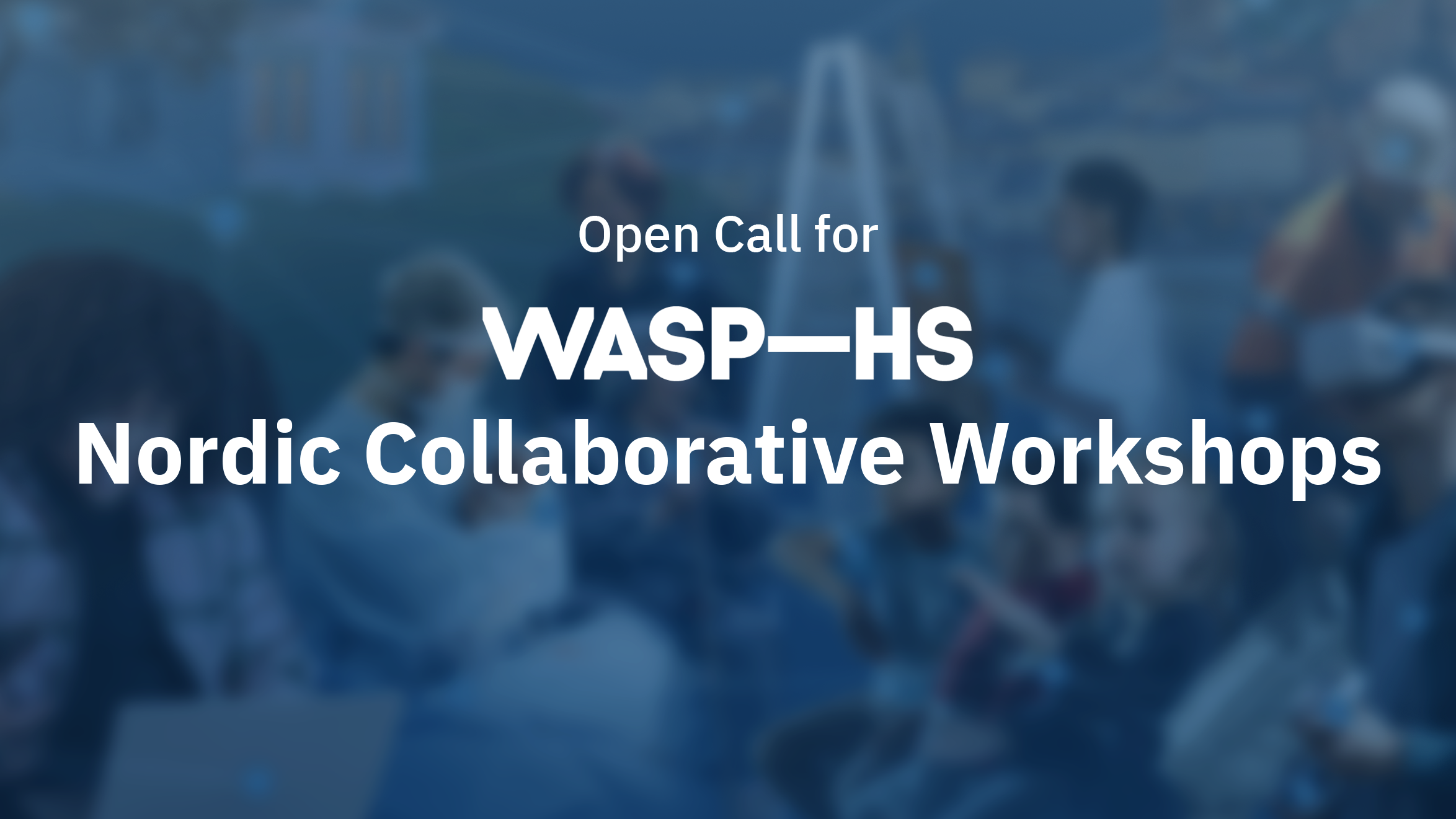At the United Nations AI for Good Global Summit 2024, Professor Ginevra Castellano from Uppsala University presented her WASP-HS research on ethical guidelines for socially assistive robots. Her work focuses on exploring the use of social robots for the societal good in application areas such as education and healthcare, aligning artificial intelligence (AI) advancements with ethical standards.
To aid in discovering practical uses of AI that support the United Nations Sustainable Development Goals, Ginevra Castellano, Professor in Intelligent Interactive Systems and Director of the Uppsala Social Robotics Lab at Uppsala University, presented her research at the United Nations AI for Good Global Summit 2024.
“Advancing social robots for good means creating robots that provide measurable benefits for users while also identifying and limiting potential negative consequences,” said Professor Castellano during her presentation.
She highlighted the progress in social robots for education and women’s mental healthcare, emphasizing the importance of integrating scientific contributions with policy development and ethics guidelines.
“To achieve societal benefits, we must operationalize EU ethics guidelines for trustworthy AI. This includes developing AI systems that preserve human agency and autonomy, and ensuring they are fair and transparent about their capabilities and limitations,” added Professor Castellano.
More About Professor Ginevra Castellano’s Research
Professor Castellano’s research is part of the WASP-HS project titled “The Ethics and Social Consequences of AI & Caring Robots: Learning Trust, Empathy, and Accountability.” In this project, Castellano investigates how social robots can build trusting relationships with people and act in a manner that is ethically acceptable.
For more information about Ginevra Castellano’s WASP-HS research see project.
For more about Ginevra Castellano’s talks at the United Nations AI for Good Summit 2024, see session 1 and session 2.






